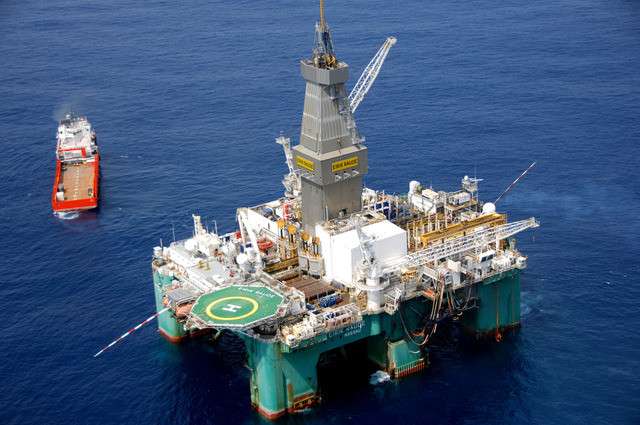Stabilisation clauses in petroleum contracts are posing challenges to government’s reforms in the petroleum sector, despite the fact that the sector is largely derisked.
An identifiable case is the current challenges facing the local content fund. Since the inception of the local content fund in 2020, the Public Interest and Accountability Committee (PIAC), has raised almost repetitively, problems in the collection of the local content fund.
“Pending the constitution of the PCB and the LCC in 2021, the Local Content Fund Secretariat continued to implement the deduction of a one percent (1%) contract sum into the Local Content Fund established under the Petroleum (Exploration and Production) Act, 2016 (Act 919), albeit there were several challenges, including the impact of the COVID-19 pandemic on collection on non-compliance by contractors and subcontractors citing the Fiscal Stabilisation Clause in petroleum agreements.”
2021 PIAC Semi-Annual Report
In the 2021 PIAC Annual report, the committee stated that the receivables based on approved contract sums by the Petroleum Commission to the Local Content Fund amounted to US$3.5 million, down from an amount of US$3.7 million recorded in 2020. The decline which is likely to continue, shows clear difficulty of the government in making this work.

When Ghana first discovered oil, the government gave such incentives in the form of stability clauses to encourage investments in the oil and gas sector, considering the risks involved in oil exploration.
Inherent in stabilisation clauses is the guarantee that the host nation would not arbitrarily make changes to terms within petroleum contracts. While this goes the length of benefiting IOCs, they can significantly limit the ability of governments to advance legitimate policy goals in a rapidly changing world.
In the Offshore Technology Conference 2022, the Deputy Minister of Energy, Dr Amin Adams, said:
“Our oil basins are largely derisked, especially the Western Basin, which contains about 80 prospects and 40 discoveries. This means that the potential to make a discovery when you invest in exploration in Ghana is very high.”
Dr Amin Adams
He stated that Ghana was seeking to maximise resources and that the Ministry would not relent on efforts to create an enabling environment for investments through legal and regulatory reforms.
“Ghana is well positioned as production cost remains low in our country. Further to this, our investment environment is very enabling and has been considered one of the most liberal in Africa. Our petroleum fiscal regime adequately rewards investment capital, provides fiscal stability and certainty against future adverse developments.”
Dr. Amin Adams

Use of Stabilisation Clauses Should be Discouraged
Nicola Woodroffe, a resource governance expert, in her work titled: ‘Tying their hands: How Petroleum Contract Terms may limit Governments Climate Flexibility’ reviewed 34 contracts across the world including petroleum contracts that involved Eni Ghana, Vitol, Woodfields and GNPC Explorco for the Cape three points block 4.
Woodroffe is cited to have said avoiding stabilisation clauses in petroleum contracts can allow governments “to reduce or eliminate non-routine flaring and fugitive emissions, increase use of renewable energy in their projects, or to implement carbon capture, utilization and storage or carbon offsetting.”
It is obvious that while these clauses are to the advantage of IOCs they pose marked disadvantages to governments. As a result, the Organization for Economic Co-operation and Development and the United Nations, among others, have discouraged the use of stabilisation clauses in petroleum agreements.
They have cautioned that stabilization clauses, if they are used at all, should be limited to specific fiscal terms for a limited duration and should exclude bona fide and non-discriminatory environmental, labor, health and safety, human rights, or other similar rules. The International Monetary Fund has also advised that stabilization clauses may be unnecessary for attracting investment.
However, stabilisation clauses in petroleum contracts in the upstream sector have mostly covered the entire lifespan (30-40 or more years) of oil and gas projects. And this is even the case with newer licenses, although the country’s basins have been hugely derisked.
READ ALSO: Ghana Stock Exchange Ends 1st Weekday’s Trading Session in a Dead Heat






















